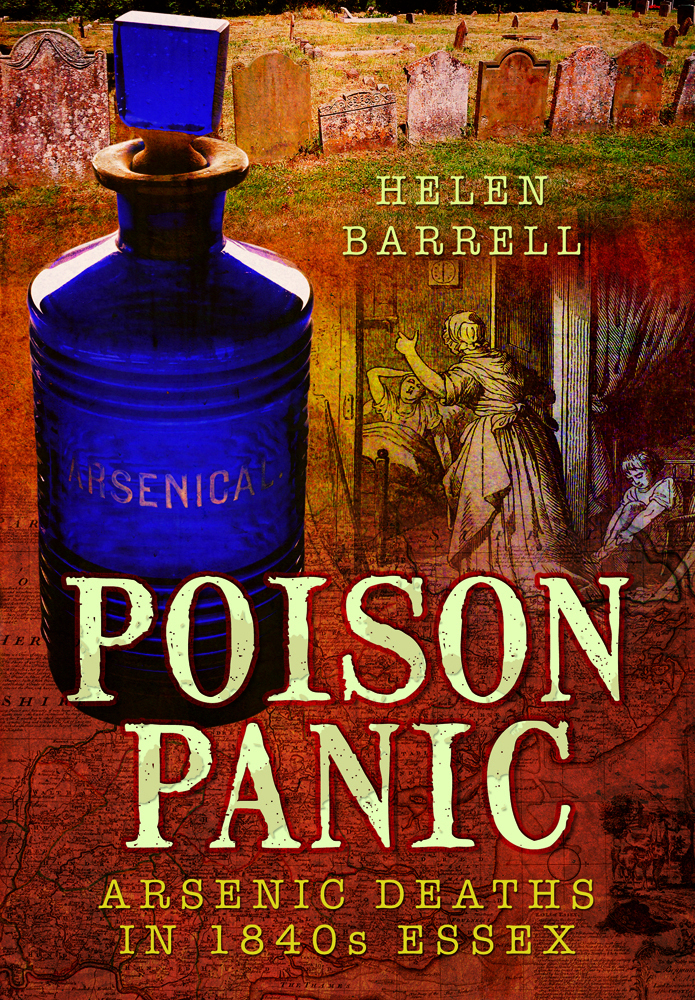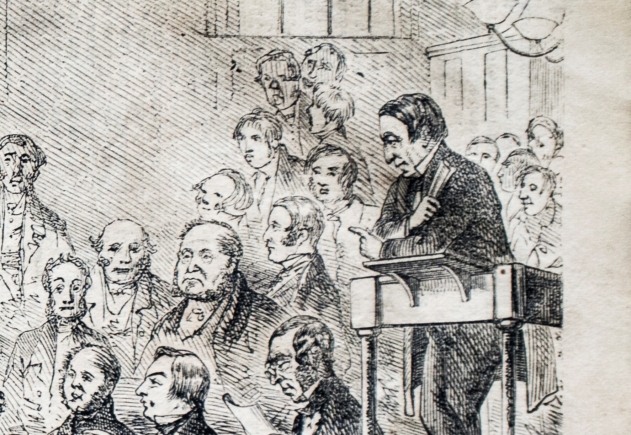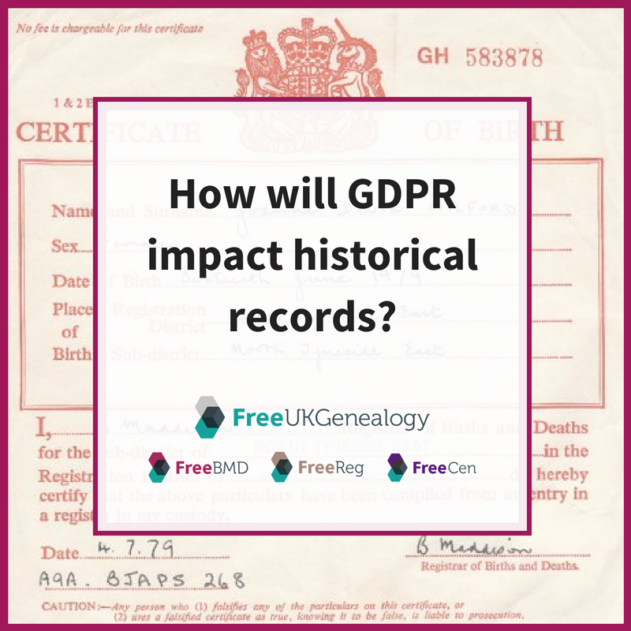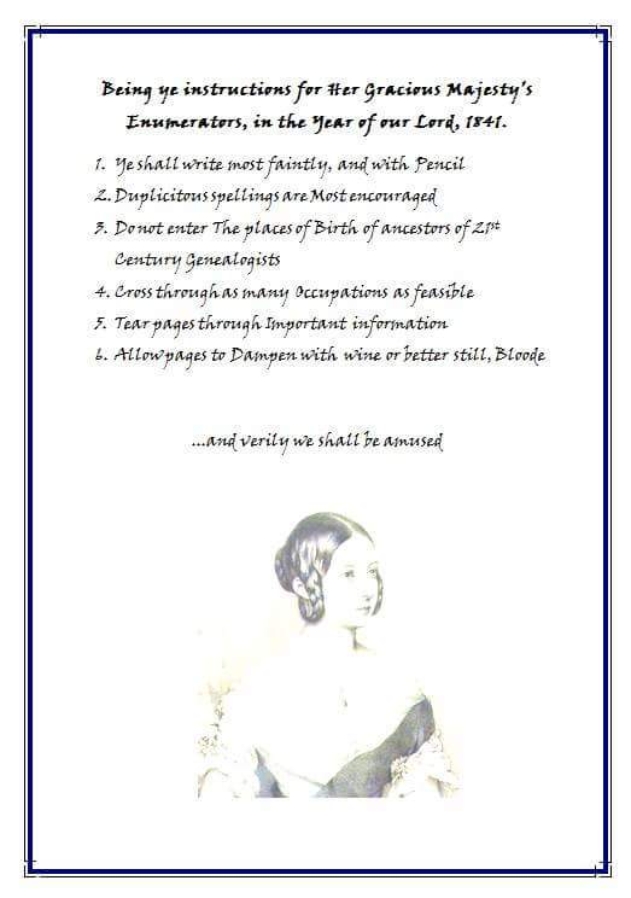A Fashionable Marriage
123 years ago today, on Wednesday 22 July 1896 at St Marks church in Lincoln Road, Peterborough, Northamptonshire there was a marriage between Hamlet De Wet and Mabel Langton. They both have interesting backgrounds.
Their families are well documented on the internet. They do not have obvious connections with Peterborough, therefore the choice of this particular church is surprising. Additionally, the St Mark's parish was created with the rapid growth in population following the arrival of the railways.
This "Fashionable Marriage" was reported in Lincolnshire and Yorkshire newspapers. From these reports we learn the following:
At St Mark's Church, Peterborough, Mabel Katherine, eldest daughter of Mr Bennet Langton, of Langton Hall, Spilsby, Lincolnshire, was married to Mr Hamlet de Wet, of Kidderminster, second son of Major de Wet, of the Madras Native Infantry. The officiating clergy were Rev. T. Church, vicar of St George's, Kidderminster, and the Rev. B. de M. Egerton, vicar of St Mark's, Peterborough. The bride wore a white satin dress by Worth, with Brussels lace shirt and corded train and tulle veil (fastened by a diamond crescent, the gift of the bridegroom), and coronet of orange blossoms and white heather and myrtle. Mr Bennet Langton, brother of the bride, was best man, and Miss Langton, the bride's sister attended the bride.
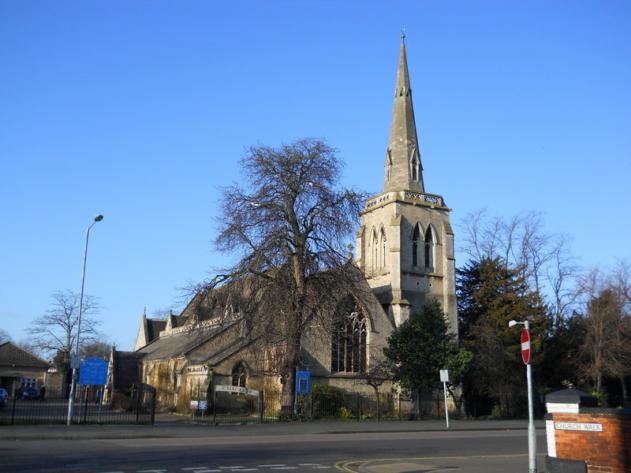
The reports do not specify the sister's name but their marriage is recorded on FreeREG - and Lucy Katharine Langton is one of the witnesses.
Langton by Spilsby (sometimes also known as Langton by Partney) is in the Lincolnshire Wolds Area of Outstanding Natural Beauty, 55 miles from Peterborough. The Langton family has owned this village since at least the twelfth century and apparently still has very close links with it today.
Notable Langtons from Langton include Bennet Langton (1737-1801) a friend of Dr. Samuel Johnson. Also Rev Charles Langton (1803 – 1886) married Charlotte in 1832, the third daughter of Josiah Wedgwood, the master potter. Charlotte died in 1862 and Charles married Emily, the sister of Charles Darwin, the naturalist, the following year.
The bride was Mabel Marion Katharine Burton Langton, born 1866 in Langton. Her parents were Bennet Rothes Langton, landowner and Justice of the Peace, and Lucy Katharine Burton. Langton Hall had been twice destroyed by fire before the last Hall was erected by Bennet Rothes Langton in the 1860s.
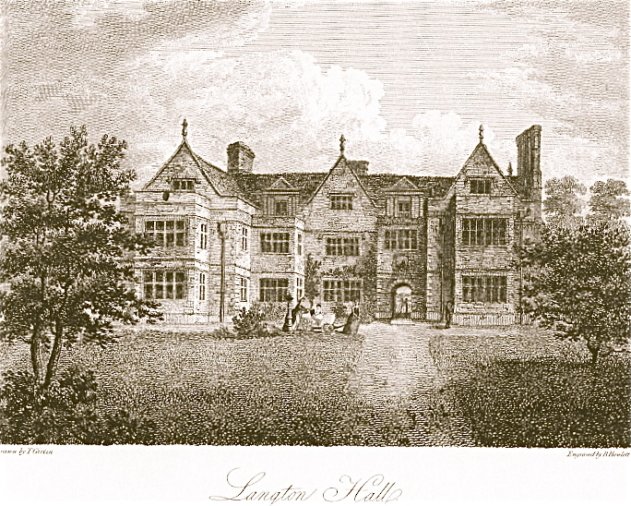
Langton Hall (before being destroyed by fire in 1817). By Batholomew Howlett - A selection of Views in the county of Lincoln 1805, Public Domain.
Dublin-born Hamlet Robert De Wet is recorded as living in Kidderminster, some 100 miles from Peterborough. His father Oloff Godlieb De Wet died in early 1894 aged 75, two years before this marriage. Born in Cape Town, South Africa, Oloff was a Major in the Madras Native Infantry. Hamlet's brother Thomas was a Senior British Officer in the Royal Navy. Another notable relative was Hugh de Wet, nephew of Hamlet and son of Thomas. This remarkable man was featured on the BBC programme This Is Your Life in 1956.
During the Second World War, Hugh worked in France as a secret agent. He was arrested by the Gestapo and held in solitary confinement for six years, under sentence of death.
There are several references to him on the internet. Below are two interesting links.
http://www.bigredbook.info/hugh_oloff_de_wet.html
https://www.genza.org.za/index...
At the time of the 1901 Census, our couple were living in Worcester, Hamlet was Manager of the National Telephone Company. Ten years later, the 1911 Census has the couple living in Filey, Yorkshire and confirmed that they were both living by "Private Means". The couple died in Norfolk in the 1930s.
Outside the church of Saints Peter and Paul, in Langton by Partney are monuments to Bennett Rothes Langton (1840-1925), Lucy Katherine Langton (1840-1924) and Mabel M K B DeWet (1866-1934).
Article written by Ian Slater, FreeREG volunteer.
